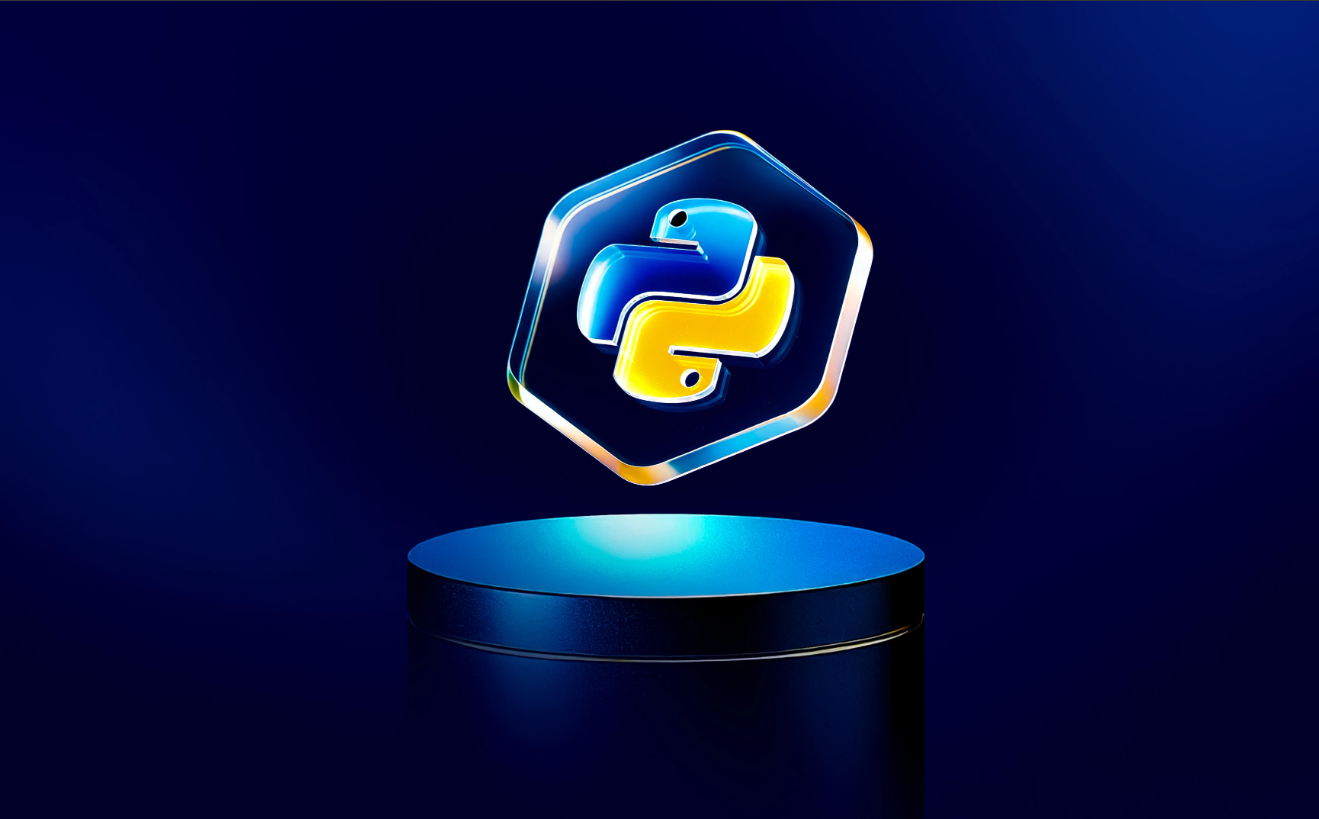Is Python Good for Freelancing?

Is Python Good for Freelancing?
Introduction
Python is one of the most popular programming languages in the world. It is widely used in web development, data science, automation, and many other fields. But the big question is: Is Python good for freelancing? The simple answer is Yes! Python is a great choice for freelancing, but let’s go deeper into why it is, what kind of jobs are available, and how you can start earning as a Python freelancer.
Why is Python Good for Freelancing?
There are many reasons why Python is a great option for freelancing. Here are some key points:
1. High Demand for Python Developers
Python is used in many industries, including web development, data science, artificial intelligence (AI), and automation. This means that businesses are constantly looking for Python developers to complete various projects. Whether you are a beginner or an expert, you can find freelance work easily.
Example: Many startups and businesses need Python developers to build websites, automate tasks, or analyze data. Platforms like Upwork and Fiverr have hundreds of Python-related job postings daily.
2. Variety of Freelance Jobs Available
As a Python freelancer, you can choose from multiple types of projects. Here are some common freelance jobs you can do:
- Web Development: Build websites using Django or Flask.
- Data Analysis: Work with Pandas and NumPy to analyze business data.
- Machine Learning Projects: Use Python to develop AI models.
- Automation: Create scripts to automate repetitive tasks.
- Web Scraping: Extract data from websites using BeautifulSoup and Scrapy.
- API Development: Build and manage APIs for applications.
Example: A company may need a Python script to automatically collect data from competitor websites and generate reports.
3. Easy to Learn and Use
Python’s simple syntax makes it easier to learn compared to other programming languages. Even if you are a beginner, you can start freelancing within a few months of learning.
Example: If you learn Django (a Python framework for web development), you can quickly start building websites and offering your services on freelance platforms.
4. Good Earning Potential
Freelance Python developers can earn a great income. The pay depends on your skill level, experience, and the type of projects you take on.
- Beginners: $10 - $30 per hour
- Intermediate: $30 - $60 per hour
- Experts: $60 - $150 per hour
Example: A Python developer who builds a simple web scraper might charge $100 per project, while a developer working on AI-based projects might charge $500 - $2000 per project.
5. Flexible Work Schedule
Freelancing allows you to work from anywhere and choose your own hours. Whether you want to work full-time or part-time, Python freelancing gives you the flexibility to do so.
Example: A Python freelancer can work from home, a café, or even while traveling. They are not restricted to a traditional office setup.
How to Start Freelancing with Python?
If you want to become a successful Python freelancer, follow these steps:
Step 1: Learn Python Basics
Before you start freelancing, make sure you have a good understanding of Python. Learn the basics of:
- Variables and Data Types
- Loops and Functions
- Object-Oriented Programming (OOP)
- File Handling
- Working with Libraries (like Pandas, NumPy, BeautifulSoup, Flask, Django, etc.)
Step 2: Build a Portfolio
To attract clients, you need to show your skills. Build a few small projects and add them to your portfolio. Some project ideas include:
- A simple website using Django.
- A Python script that scrapes data from a website.
- A data analysis report using Pandas and Matplotlib.
- An automation script that renames files in a folder.
Step 3: Create Accounts on Freelance Platforms
Sign up on platforms like:
- Upwork
- Fiverr
- Freelancer
- Toptal
- PeoplePerHour
Create a strong profile, write a good description, and showcase your portfolio.
Step 4: Start with Small Projects
When starting, apply for small projects to gain experience and good reviews. Look for projects that match your skills and gradually take on bigger ones.
Step 5: Improve Your Skills and Increase Your Rates
As you gain experience, keep learning advanced topics and increase your rates accordingly.
Challenges of Python Freelancing and How to Overcome Them
1. Finding Clients in the Beginning
New freelancers often struggle to find clients. To solve this:
- Offer competitive pricing at the start.
- Complete projects quickly and get good reviews.
- Network on LinkedIn, Twitter, and GitHub.
2. Handling Multiple Projects
Managing multiple projects can be challenging. Use tools like Trello, Asana, or Notion to stay organized.
3. Getting Paid on Time
Some clients delay payments. To avoid this:
- Always use escrow services on freelancing platforms.
- Take an upfront payment before starting work.
Conclusion
So, is Python good for freelancing? The answer is a definite YES! Python offers high demand, flexible work options, and great earning potential. If you learn Python well, build a strong portfolio, and start applying for projects, you can become a successful Python freelancer.
If you are thinking about starting a freelancing career with Python, now is the best time to begin. Keep learning, stay consistent, and soon you’ll be making money doing what you love! 🚀